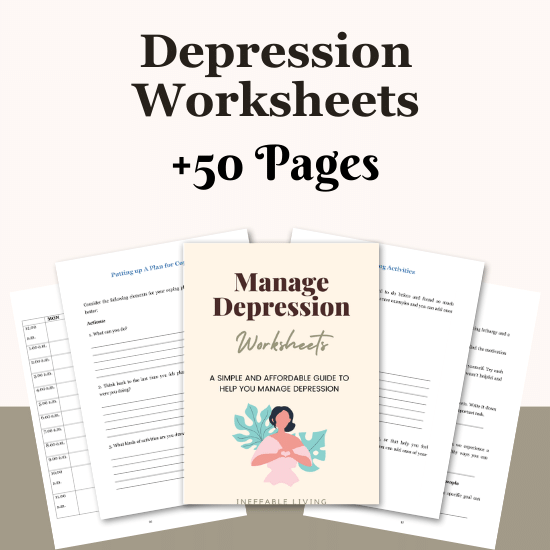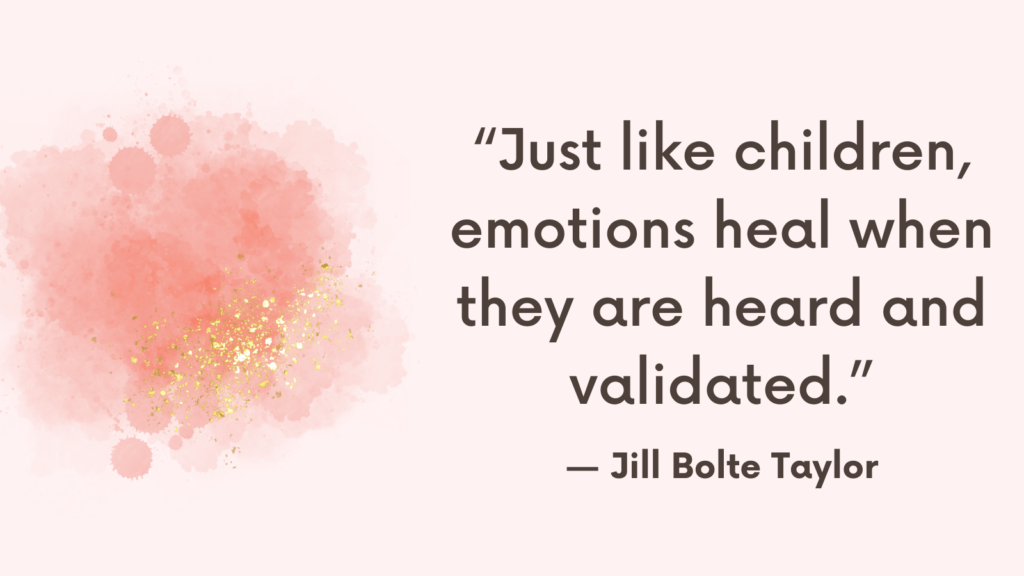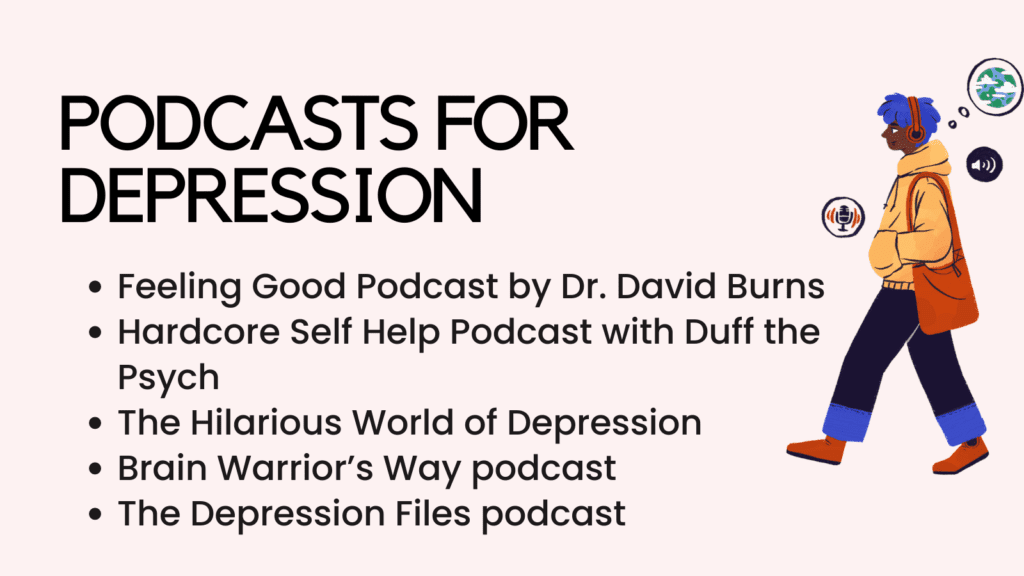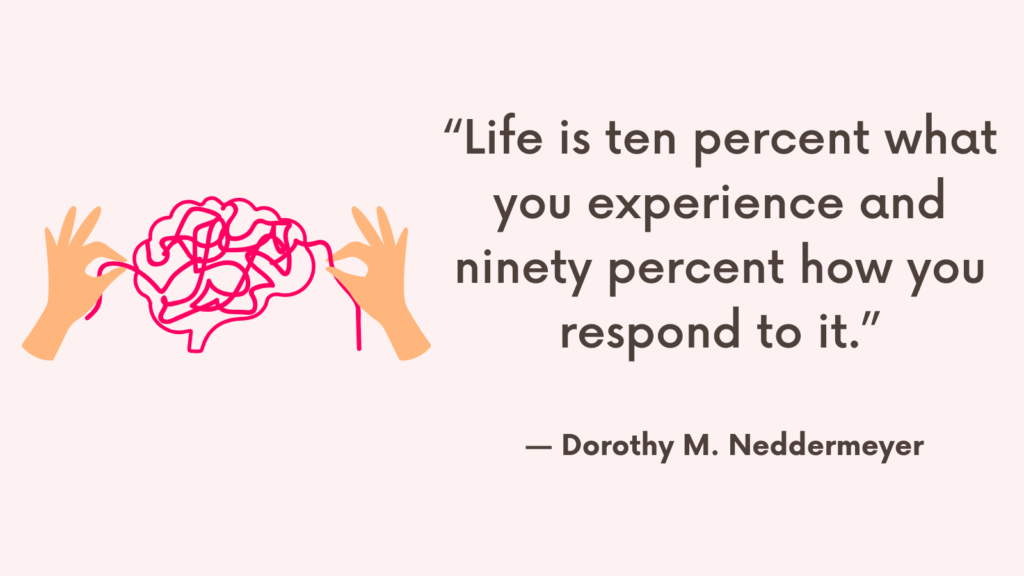Anxiety and depression are distinct disorders, but what happens when you have both? This is known as anxious depression.
What Is Anxious Depression?
In the realm of mental health, “anxious depression” is a term often used to describe a challenging and multifaceted condition where symptoms of both depression and anxiety coexist and intertwine.
While not an official diagnosis in the DSM-5-TR (Diagnostic and Statistical Manual of Mental Disorders, Fifth Edition, Text Revision), anxious depression represents a significant and distressing experience for many individuals.
Scenario 1: Anxiety Leading to Depression
You may start with disorders like Obsessive-Compulsive Disorder (OCD) or Generalized Anxiety Disorder (GAD).
– Symptoms: Overwhelming thoughts, rituals, constant worry, and physical symptoms like vomiting or feeling a tight throat.
– Progression: Prolonged anxiety can lead to depression, resulting in two co-occurring disorders: anxiety and depression.
Scenario 2: Depression with Anxious Features
– Primary Depression: Feelings of joylessness, hopelessness, low energy, and a constant urge to cry.
– Anxious Distress: When anxiety symptoms are mixed with depression, it alters the quality of depression.
Related: Top 10 Practical CBT Exercises For Generalized Anxiety Disorder Relief
What Is Anxious Distress?
Anxious distress is characterized by at least two of the following symptoms during the majority of days of a major depressive episode or persistent depressive disorder (formerly dysthymia):
1. Feeling keyed up or tense.
2. Feeling unusually restless.
3. Difficulty concentrating due to worry.
4. Fear that something awful may happen.
5. Feeling that you may lose control of yourself.
Severity Levels
– Mild: Two symptoms.
– Moderate: Three symptoms.
– Moderate to Severe: Four to five symptoms.
– Severe: Four to five symptoms with motor agitation (e.g., pacing, leg shaking).
The Complex Nature of Anxious Depression
The interplay between depression and anxiety in anxious depression can make it particularly difficult to manage.
Depression often brings about a sense of lethargy, low energy, and withdrawal from activities, while anxiety can drive hyperactivity, excessive worry, and a constant state of alertness.
This contrast creates internal conflict and confusion, as individuals may feel pulled in opposite directions by their symptoms.
Moreover, the cognitive distortions common in both conditions—such as catastrophizing in anxiety and hopelessness in depression—can reinforce each other, making it harder to break free from negative thought patterns.
Related: High Functioning Anxiety Test (& How To Support Anxiety Recovery)
Strategies for Managing Anxious Depression
1. Establish a Routine:
Creating and maintaining a daily routine can provide structure and predictability, which are essential for managing both anxiety and depression.
Start by setting a consistent wake-up time and bedtime, ensuring you get adequate sleep.
Schedule your day with designated times for meals, exercise, work, relaxation, and social activities.
Having a routine helps reduce uncertainty and can make the day feel more manageable.
2. Break Tasks into Smaller Steps:
When dealing with anxious depression, even simple tasks can feel overwhelming.
Breaking tasks into smaller, more manageable steps can make them less daunting.
For example, if you need to clean your house, start by focusing on one room or even one area of a room.
Celebrate small victories along the way to build momentum and a sense of accomplishment.
Related: Solve Actual Problems, Don’t Just Cope: 7 Practical Steps to Break the Anxiety Cycle
3. Use Organizational Tools:
Organizational tools such as planners, to-do lists, and reminder apps can help keep track of tasks and deadlines.
Writing things down not only helps you remember what needs to be done but also provides a visual representation of your progress.
Prioritize tasks based on their importance and urgency, and tackle them one at a time to avoid feeling overwhelmed.
4. Practice Mindfulness and Relaxation Techniques:
Mindfulness and relaxation techniques can help manage stress and anxiety by promoting a sense of calm and presence.
Practices such as meditation, deep-breathing exercises, progressive muscle relaxation, and yoga can reduce the intensity of anxious thoughts and improve overall mental well-being.
Even spending a few minutes each day on these practices can make a significant difference.
Related: How to Relieve Anxious Sensations In Your Body?
5. Stay Physically Active:
Regular physical activity is one of the most effective ways to manage symptoms of both depression and anxiety.
Exercise releases endorphins, which are natural mood lifters. It also reduces stress hormones like cortisol.
Aim for at least 30 minutes of moderate exercise most days of the week.
Activities such as walking, jogging, cycling, or even dancing can be beneficial.
6. Maintain a Healthy Diet:
Nutrition plays a crucial role in mental health.
A balanced diet rich in fruits, vegetables, whole grains, lean proteins, and healthy fats can improve mood and energy levels.
Avoid excessive consumption of caffeine, sugar, and processed foods, as they can contribute to mood swings and energy crashes.
Staying hydrated is equally important for overall well-being.
Related: 30 Coping Skills for Anxiety and Depression
7. Prioritize Sleep:
Good sleep hygiene is essential for managing anxious depression.
Establish a regular sleep schedule by going to bed and waking up at the same time each day, even on weekends.
Create a restful sleep environment by keeping your bedroom dark, cool, and quiet.
Avoid stimulating activities before bedtime, such as using electronic devices, consuming caffeine, or engaging in intense exercise.
8. Build a Support System:
Having a strong support system is vital for managing anxious depression.
Reach out to friends, family members, or support groups for emotional support and practical assistance.
Sharing your experiences and feelings with others who understand can reduce feelings of isolation and provide new coping strategies.
Professional support from therapists, counselors, or mental health specialists is also essential.
9. Engage in Pleasurable Activities:
Engaging in activities that bring you joy and satisfaction can help counteract the symptoms of depression and anxiety.
Make time for hobbies and interests that you enjoy, whether it’s reading, gardening, painting, or playing a musical instrument.
Even small, enjoyable activities can provide a sense of purpose and lift your mood.
Related: Top 7 Signs of High-Functioning Anxiety (+FREE Worksheets)
10. Set Realistic Goals:
Setting realistic and achievable goals is important for maintaining motivation and a sense of progress.
Break larger goals into smaller, manageable steps and set deadlines for each step.
Celebrate your achievements, no matter how small, to build confidence and a sense of accomplishment.
Be kind to yourself and avoid setting overly ambitious goals that may lead to frustration.
11. Practice Self-Compassion:
Self-compassion involves treating yourself with kindness and understanding, especially during difficult times.
Acknowledge your struggles without judgment and remind yourself that it’s okay to feel anxious or depressed.
Practicing self-compassion can reduce feelings of guilt and shame, which are common in anxious depression, and promote a more positive self-view.
12. Limit Exposure to Stressors:
While it’s not always possible to eliminate all sources of stress, you can take steps to minimize exposure to unnecessary stressors.
Identify and avoid situations, people, or activities that trigger anxiety or depression.
Practice assertiveness to set boundaries and say no to commitments that overwhelm you.
Creating a more peaceful and manageable environment can significantly improve your mental health.
Related: How to Relieve Anxiety With 2 Words?
13. Use Technology Wisely:
Technology can be both a helpful tool and a source of stress.
Use technology to your advantage by accessing mental health apps, online support groups, and relaxation resources.
However, be mindful of the time spent on social media and other digital platforms, as they can sometimes exacerbate anxiety and depression.
Set limits on screen time and take regular breaks to disconnect and recharge.
14. Focus on the Present Moment:
Practicing mindfulness involves focusing on the present moment without judgment.
This can help reduce the tendency to ruminate on past events or worry about the future.
Mindfulness exercises, such as paying attention to your breath, observing your surroundings, or engaging in mindful eating, can help ground you in the present and reduce the impact of anxious and depressive thoughts.
15. Incorporate Relaxation Techniques:
Incorporate relaxation techniques into your daily routine to manage stress and anxiety.
Techniques such as progressive muscle relaxation, guided imagery, and aromatherapy can promote relaxation and reduce the physical symptoms of anxiety.
Experiment with different methods to find what works best for you.
16. Educate Yourself About Anxious Depression:
Understanding anxious depression and its effects can empower you to take control of your mental health.
Educate yourself about the condition through reputable sources, such as books, articles, and online resources.
Knowledge can reduce fear and stigma, and provide you with practical tools to manage your symptoms.
Related: 8 Signs You Are Recovering From Anxiety

Conclusion
Anxious depression is a complex and multifaceted condition that requires a comprehensive approach to management.
Understanding the intricate interplay between depression and anxiety symptoms is crucial for effective treatment.
By combining psychotherapy, pharmacotherapy, lifestyle changes, and support systems, individuals can develop strategies to manage their symptoms and improve their quality of life.
With the right tools and support, those struggling with anxious depression can find relief and work towards a healthier, more balanced state of mind.



